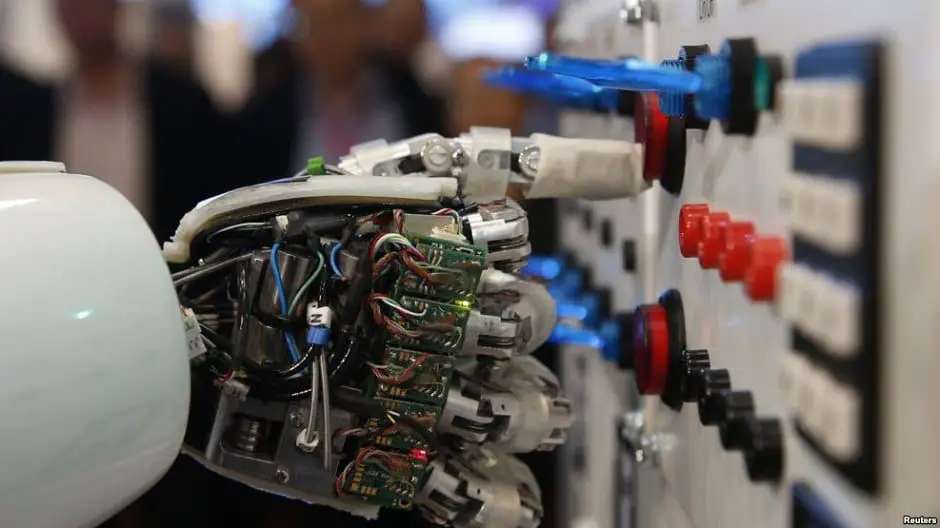All new artificial intelligence (AI) products developed in China will be required to undergo a “security assessment”. Before being released to the public, a comprehensive new draught law by the country’s internet regulator showed on Tuesday.
“Before providing services to the public that use generative AI products, a security assessment shall be applied for through national internet regulatory departments,” the draught law, released by the Cyberspace Administration of China, reads.
The draught law — dubbed “Administrative Measures for Generative Artificial Intelligence Services” — seeks to ensure “the healthy development and standardized application of generative AI technology”, it read.
AI-generated content, it continued, must “reflect core socialist values, and must not contain content on the subversion of state power”.
“Terrorist or extremist propaganda,” “ethnic hatred,” and “other content that could disrupt economic and social order” are prohibited.
The Cyberspace Administration of China announced that it was soliciting public feedback on the proposed new regulations, which, given Beijing’s extremely centralized political system, will almost certainly become law.
The fresh regulations come as a flurry of Chinese companies including Alibaba, JD.com, NetEase, and TikTok-parent ByteDance race to develop services that can mimic human speech since San Francisco-based OpenAI launched ChatGPT in November, sparking a gold rush in the market.
Deep fake graphics and people saying things they didn’t say have raised concerns about AI’s potential for deception and misuse.
Beijing mandated that deep fake service providers obtain users’ real identities in January. Additionally, they require that deep fake content be suitably tagged to prevent “any confusion.”
In addition, the Chinese government has warned that deep fakes pose a threat to national security and social stability.
ChatGPT is banned in China, yet Chinese students are using VPNs to write essays and learn.
China has declared ambitious plans to become a global leader in artificial intelligence by 2030. And McKinsey estimates that the sector will contribute approximately $600 billion annually to China’s gross domestic product by then.
Beijing’s censorship and the US’s chip import ban have slowed domestic product development.
After unveiling ChatGPT-like artificial intelligence software last month, Baidu shares plunged as much as 10%. Investors were unimpressed by the bot’s linguistic and mathematical abilities.
